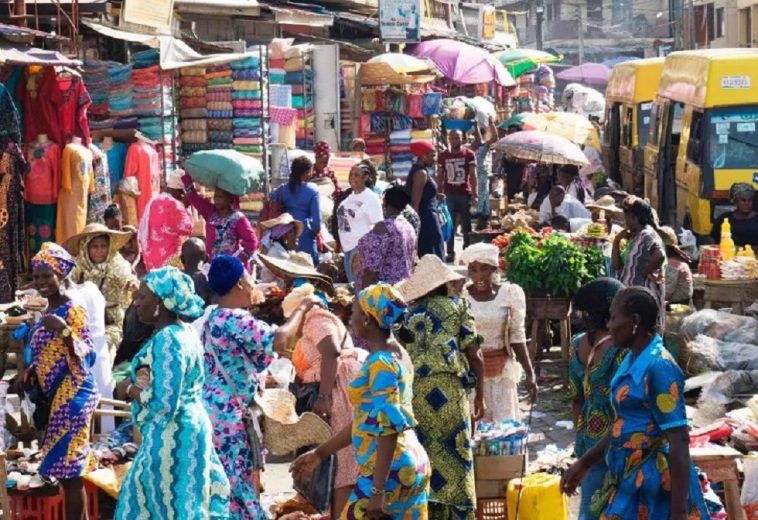Africa has long been a significant contributor to global peacekeeping efforts. The continent’s commitment to peaceful and communal ways of life can be traced back to its deep-rooted ancestral traditions.
As the world grapples with insecurity, political instability, wars, genocides, and other atrocities, there is a pressing need for international bodies, organisations, and regional blocs to step in to maintain peace and restore stability.
One prominent example is the United Nations. UN Peacekeeping is the most visible arm of the organisation, representing a collective global investment in peace, security, and stability. This initiative has a proven track record.
For over 70 years, UN peacekeepers have improved the lives of millions of the world’s most vulnerable people by fostering conditions necessary for lasting peace. However, peacekeeping is intended to support, not replace, national efforts. Therefore, a robust political process is crucial for UN operations to succeed.
In addition to protecting civilians, peacekeepers work to prevent conflict, reduce violence, strengthen security, and empower national authorities to take on these responsibilities. This requires a carefully coordinated peacebuilding strategy that complements political processes. By addressing the root causes of violence, UN peacekeeping helps lay the foundation for sustainable peace, making host nations more resilient.
According to data from the United Nations, there are currently 71,417 personnel serving in 11 peacekeeping missions worldwide, with 121 countries contributing uniformed personnel.
The UN Security Council establishes peacekeeping missions with the consent of all parties involved in the conflict. The United Nations recruits police and military personnel with prior national service experience to join these missions.
Africa’s strong participation in UN peacekeeping missions has significantly enhanced its global standing. Nations such as Rwanda, Ghana, Morocco, and Egypt have been particularly notable in their contributions, underscoring Africa’s commitment to international peace and security.
As a result, Africa’s role in global affairs has been elevated through its active involvement in UN peacekeeping. As of June 2024, the following are the top 10 African contributors to UN peacekeeping operations:
Rwanda
Personnel contributions: 5,918
Global rank: 3rd
Ghana
Personnel contributions: 2,644
Global rank: 7th
Morocco
Personnel contributions: 1,710
Global rank: 9th
Egypt
Personnel contributions: 1,607
Global rank: 10th
Tanzania
Personnel contributions: 1,540
Global rank: 11th
Ethiopia
Personnel contributions: 1,513
Global rank: 12th
Senegal
Personnel contributions: 1,163
Global rank: 13th
South Africa
Personnel contributions: 1,143
READ ALSO: Angola’s Natural Wonder: Africa’s Second Largest Waterfall
Global rank: 14th
Cameroon
Personnel contributions: 1,099
Global rank: 15th
Nigeria
Personnel contributions: 998
Global rank: 16th
Africa’s increasing prominence on the global stage is evident through its participation in peacekeeping missions. As the continent continues to build and strengthen its institutions, its contributions to global peace and security are expected to grow further.




